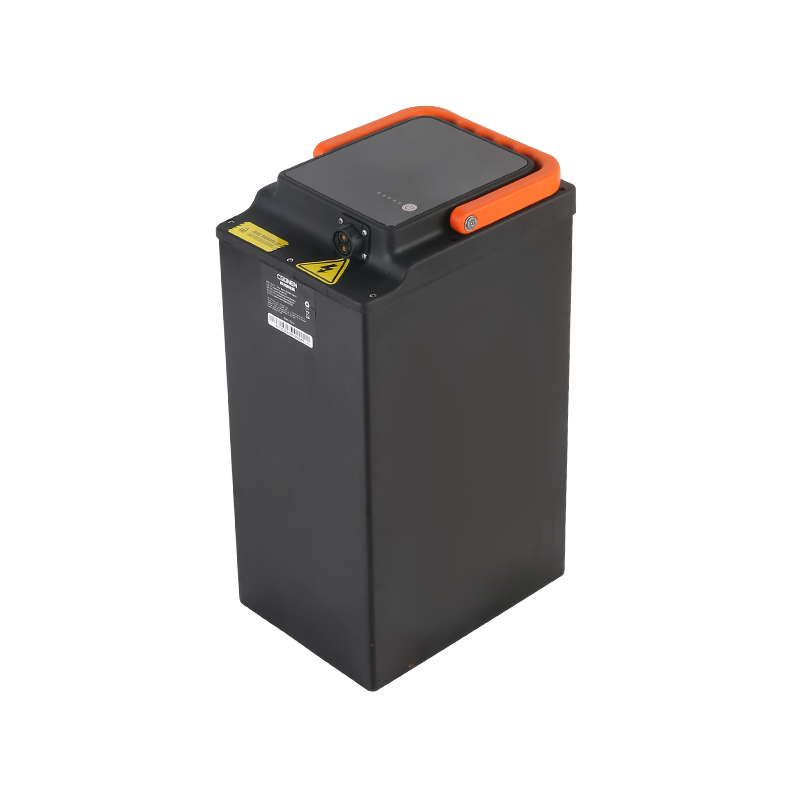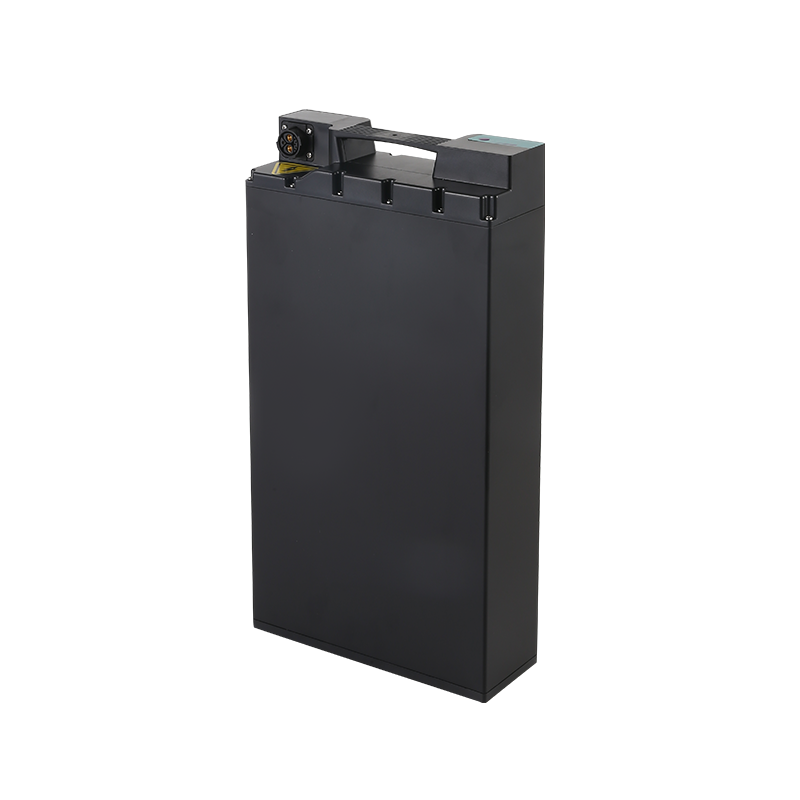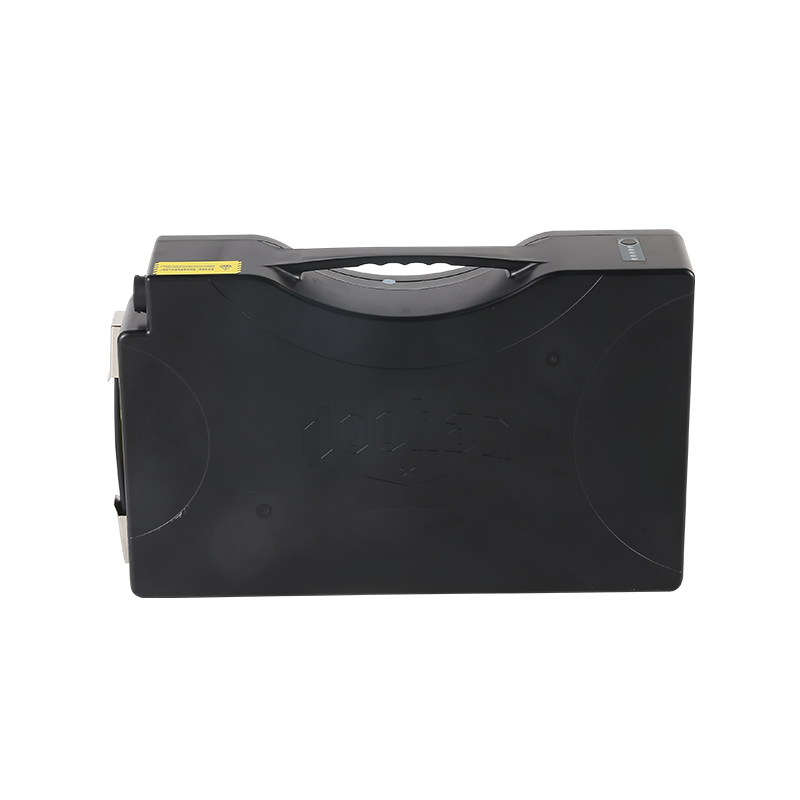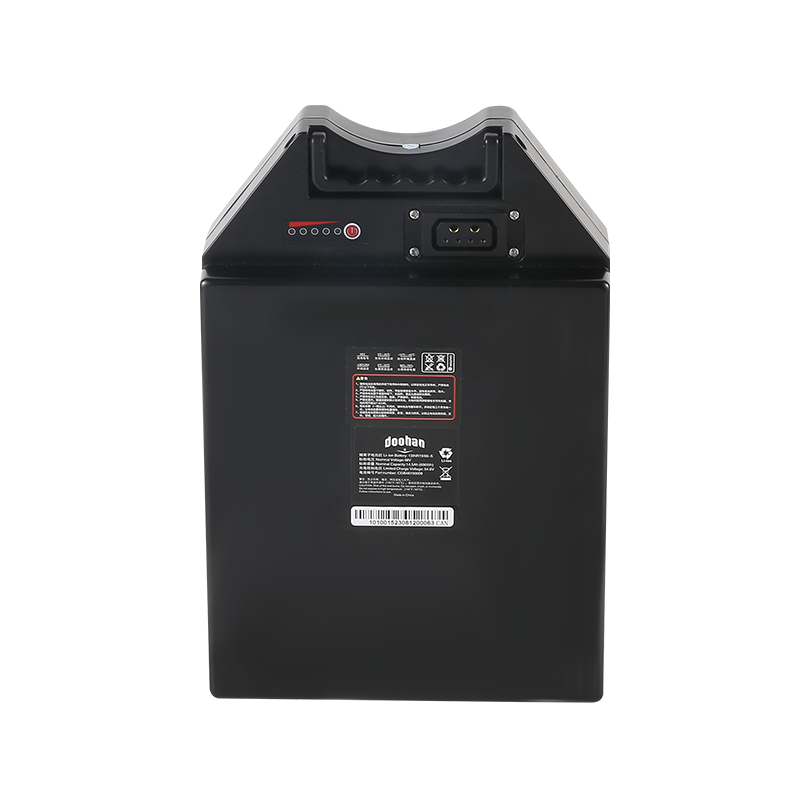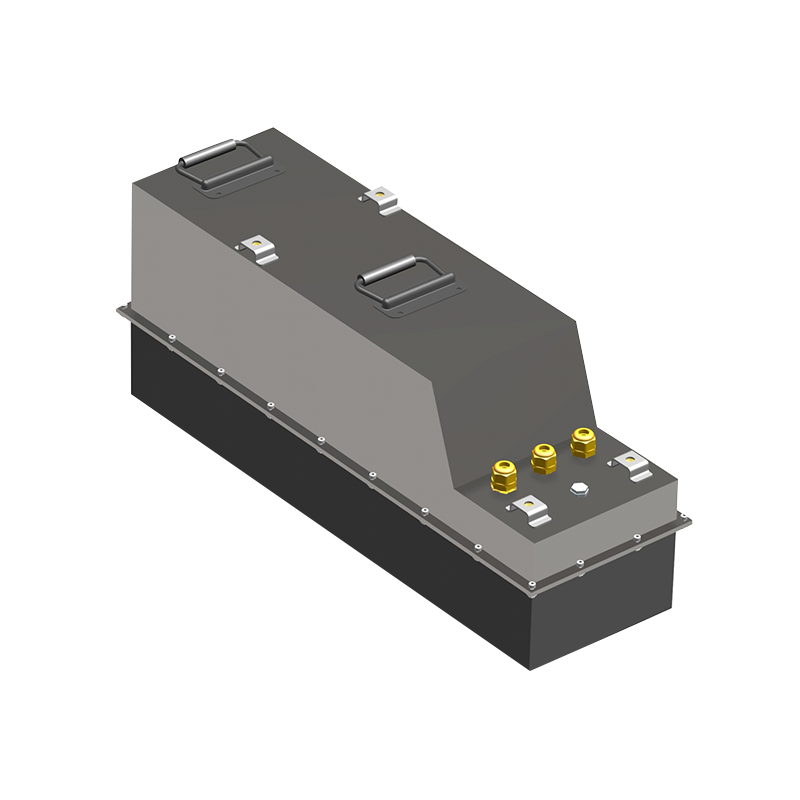Web Menu
Product Search
Exit Menu
Understanding the Nuances of 36V and 1000V Lithium-Ion Batteries
As the demand for energy-efficient and sustainable power solutions continues to surge, the choice of lithium-ion batteries has become central to meeting diverse energy needs. In the realm of non-power-rated lithium-ion batteries, the distinctions between a 36V and a 1000V battery play a crucial role, and understanding these nuances from a professional manufacturer's perspective is paramount for informed decision-making.
36V Lithium-Ion Battery: Precision for Portable Power
For applications requiring moderate power output and enhanced portability, the 36V lithium-ion battery emerges as a stalwart choice. Professional manufacturers focus on engineering these batteries to deliver optimal performance for a range of devices such as power tools, e-bikes, and small-scale electronics.
Manufacturers leverage advanced lithium-ion technology to ensure these batteries strike a balance between energy density, weight, and efficiency. The 36V configuration aligns with the power requirements of many portable devices, providing a reliable and compact power source. Whether it's the DIY enthusiast working on a home project or the commuter relying on an e-bike, the 36V lithium-ion battery is tailored to deliver consistent and dependable power for various applications.
Moreover, manufacturers prioritize safety features in 36V batteries, incorporating advanced Battery Management Systems (BMS) to regulate charging and discharging processes. This not only enhances the lifespan of the battery but also ensures user safety, a critical consideration in portable and personal device applications.
1000V Lithium-Ion Battery: Energizing High Voltage Applications
In contrast, the 1000V lithium-ion battery caters to a different spectrum of applications demanding higher voltage capabilities. Professional manufacturers design these batteries with precision to meet the stringent requirements of industrial, utility-scale, and high-performance applications.
The 1000V configuration is particularly well-suited for electric vehicles, renewable energy storage systems, and large-scale grid applications. This high voltage allows for efficient energy transmission and storage, making it a cornerstone in the transition to clean and sustainable energy solutions. Manufacturers prioritize scalability and reliability in 1000V batteries, ensuring they can seamlessly integrate into complex systems with varying power demands.
Safety remains paramount in the design of 1000V batteries, with manufacturers implementing sophisticated safety features and rigorous testing protocols. The high-voltage nature of these batteries necessitates robust engineering to mitigate risks and guarantee the stability of large-scale energy storage and distribution systems.
Manufacturing Excellence: Ensuring Quality and Performance
Professional lithium-ion battery manufacturers recognize the diverse needs of consumers and tailor their production processes to meet these specific requirements. In the production of 36V lithium-ion batteries, precision engineering focuses on achieving the delicate balance between energy density, weight, and performance. Rigorous quality control measures are implemented to guarantee the reliability of these batteries in a myriad of portable applications.
On the other hand, the manufacturing of 1000V lithium-ion batteries demands a meticulous approach to design and production. Professional manufacturers adhere to international standards, employing cutting-edge technology to create batteries that can withstand the demands of high-performance environments. Thorough testing and quality assurance protocols ensure that 1000V batteries meet the stringent criteria for safety, efficiency, and longevity.
Choosing the Right Battery: Considerations for Users
For consumers navigating the landscape of non-power-rated lithium-ion batteries, several factors come into play when choosing between a 36V and a 1000V battery. Understanding the specific requirements of the intended application is paramount.
If the application involves portable devices, power tools, or e-bikes, the 36V lithium-ion battery is likely the optimal choice. Its moderate voltage output strikes the right balance for these applications, offering a blend of power and portability.
On the other hand, for users venturing into industrial, electric vehicle, or large-scale energy storage projects, the 1000V lithium-ion battery emerges as the go-to solution. Its high voltage capabilities are tailored to meet the demands of these applications, ensuring efficient energy transmission and storage on a grand scale.
Whether embarking on a DIY project, relying on portable electronic devices, or engaging in large-scale industrial endeavors, the informed choice of a lithium-ion battery ensures optimal performance, safety, and seamless integration into the evolving landscape of sustainable energy solutions.
-

+86-13049701086
-

Stonehuang@CGONEN.com
-

No.88, Huji Road, Taizhou Bay Binhai New Area, Jiaojiang District, Taizhou City, Zhejiang Province, China


